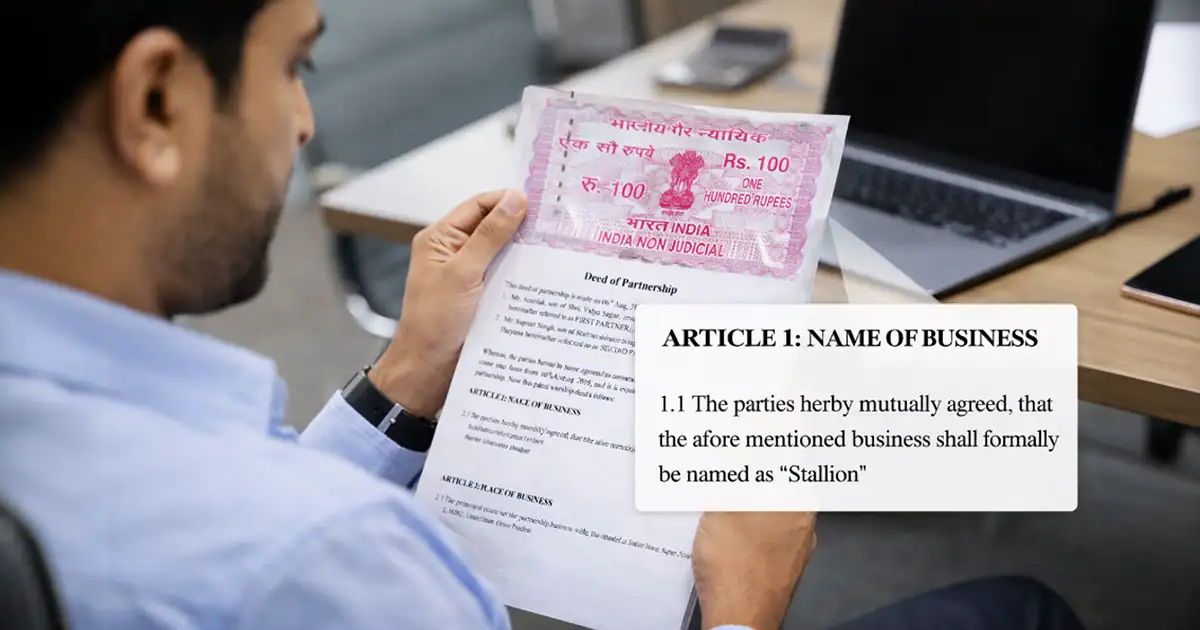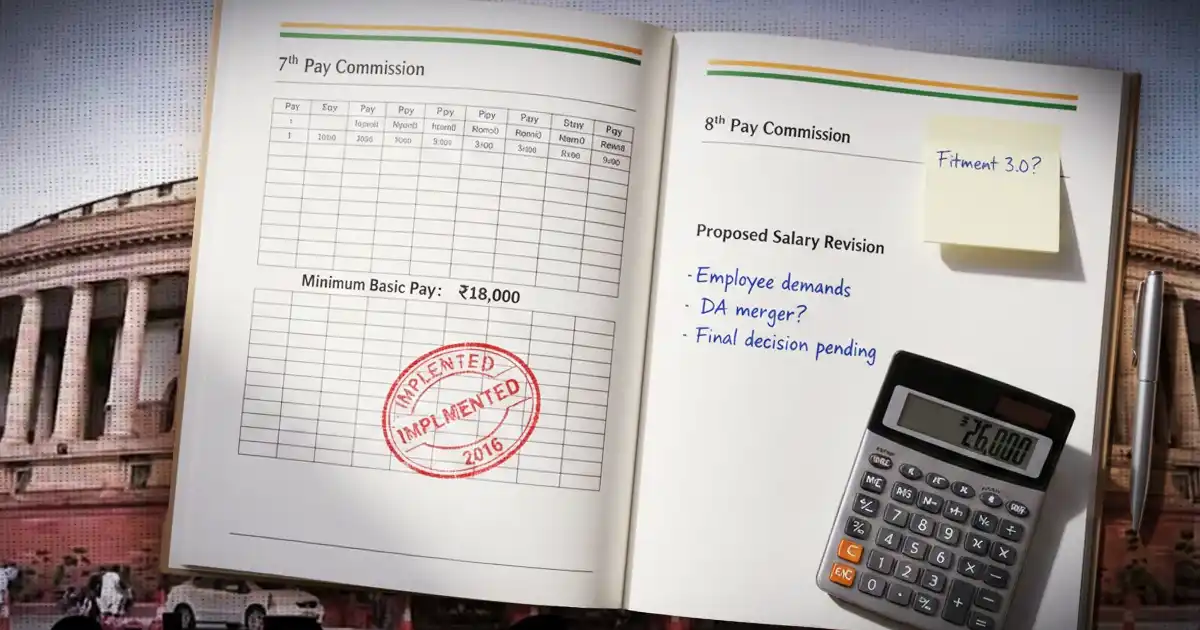A Non-Compete Agreement is a legal contract between an employer and an employee. It says that the employee will not start a similar business or work for a competitor for a certain time, for example, 6 months, 1 year, or 2 years after leaving the job, depending on what is mentioned in the agreement.
This helps protect the company’s business secrets, client information, and other important details. It is commonly used in jobs where the employee has access to sensitive or confidential data.
The Legality and Enforceability of Non-Compete Agreements in India
Non-compete agreements help companies protect their interests, but in India, they are mostly enforceable only during employment. Courts uphold an individual’s right to earn a livelihood after leaving a job.
- During Employment: Companies can legally restrict employees from working with competitors or sharing confidential business information while they are still employed. This ensures the protection of trade secrets, client lists, and strategic plans.
- Post-Employment Restrictions: Generally, non-compete clauses after leaving a job are unenforceable. Employees cannot be stopped from joining another company or starting their own business. Courts usually strike down such clauses even for senior executives.
- Exceptions Where Post-Employment Non-Compete May Apply: In certain limited situations, non-compete clauses after leaving a job may be considered valid if they protect legitimate business interests.
- Protection of Trade Secrets: If an ex-employee has access to sensitive information, the company may enforce restrictions to prevent misuse.
- Sale of Business or Goodwill: When someone sells their business, they can agree not to start a competing business for a reasonable period.
- Franchise or Partnership Agreements: Non-compete clauses in franchise contracts or after partnership dissolution may be enforced if they are reasonable and necessary to protect business interests.










